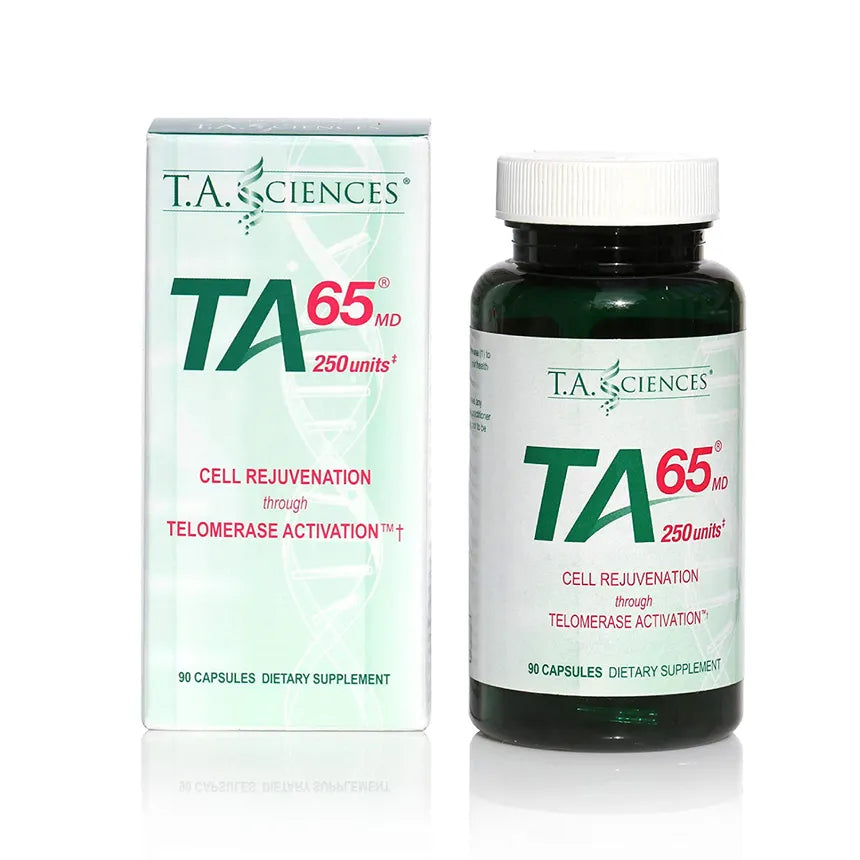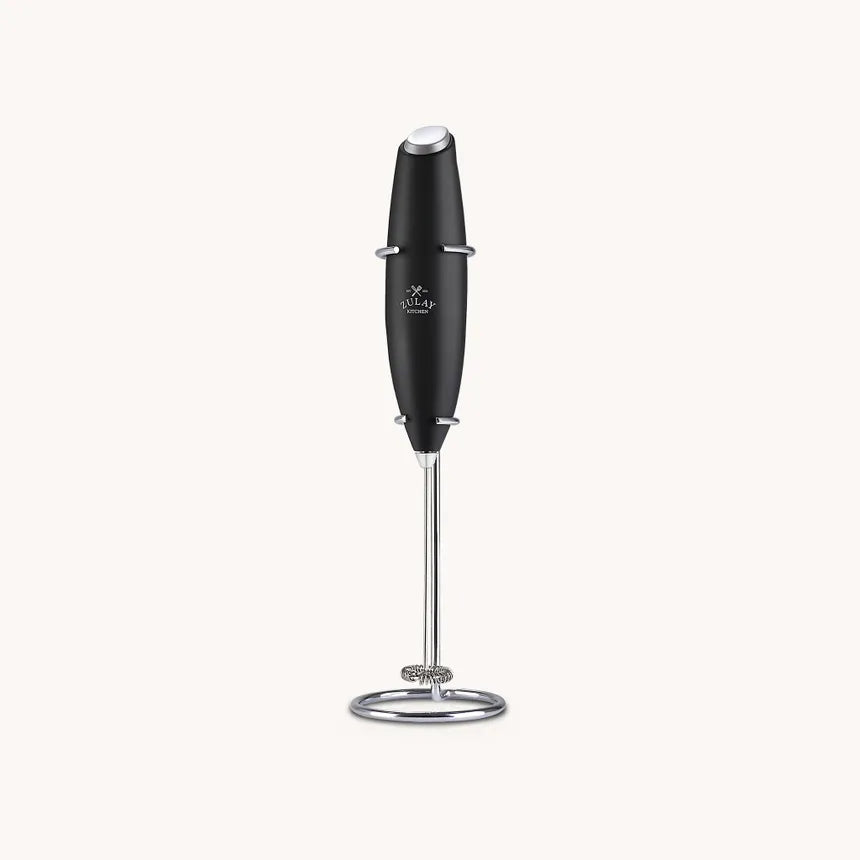Life Elevated
Quantum Health & Medicine. What is is? 2026 Guide
Quantum Health: Revolutionizing Our Understanding of Wellness and Healing In recent years, the emergence of quantum health has marked a paradigm shift in our understanding of human wellness. This innovative approach combines cutting-edge quantum physics principles with traditional holistic healing practices, offering a comprehensive framework for achieving optimal health and wellbeing. As we delve deeper into this fascinating field, we'll explore how quantum health is transforming the landscape of modern medicine and personal wellness practices. Understanding the Foundations of Quantum Health Quantum health represents a revolutionary departure from conventional medical approaches, emphasizing the profound interconnectedness of mind, body, and...
TA-65 and Telomere Health: The Science Behind Cellular Longevity
TA-65 and Telomere Health: The Science Behind Cellular Longevity In the ever-evolving world of longevity science, few discoveries have garnered as much attention as TA-65 and its potential impact on cellular aging. At PureClean Performance, we're committed to bringing you cutting-edge supplements backed by scientific research to support your journey toward optimal health and longevity. Understanding Telomeres and Cellular Aging Telomeres, the protective caps at the ends of our chromosomes, play a crucial role in cellular aging. Think of them as the plastic tips on shoelaces that prevent fraying. As we age, these telomeres naturally shorten with each cell division,...
Using a Cheese Grater for Potatoes: What You Need to Know
Using a Cheese Grater for Potatoes: A Practical Guide Can You Use a Cheese Grater for Potatoes? Article by Zulay Kitchen! Cheese graters are some of the most versatile kitchen tools available. While they were originally designed for grating cheese, they are now indispensable in many cooking processes. If you're wondering whether a cheese grater can be used for potatoes, we have all the answers, along with practical tips for using it effectively. Is a Cheese Grater Suitable for Potatoes? The simple answer is yes, a cheese grater can be used for potatoes. However, the effectiveness of this depends on...
Zulay Kitchen Discount FREEWHIP with PureClean Performance
Zulay Kitchen Promotions with PureClean Performance We have an exciting offer for you! Get a FREE Milk Boss frother from Zulay Kitchen when you shop at PureClean Performance. Whether you're making lattes, protein shakes, or whipped coffee, the Zulay Kitchen Milk Boss Frother is the perfect tool to add to your kitchen. This promotion is exclusive for PureClean Performance customers and is only available for a limited time. How to Redeem: Visit the Zulay Kitchen Milk Boss Frother page: Click Here Add the Milk Boss frother to your cart. Use the promo code FREEWHIP at checkout to claim your free...




